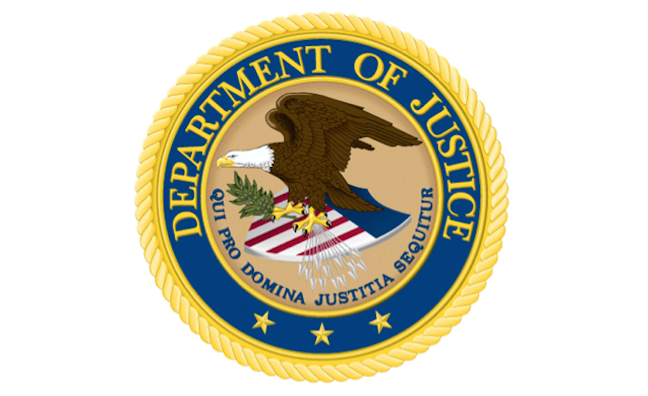There is a growing opposition to the decision from the US Department of Justice not to change the consent decrees ruling performance rights societies ASCAP and BMI, and introduce a new 100% licensing scheme, with an increasing number of voices criticising the DoJ.
An international coalition of creators has expressed “bafflement and frustration” over the DOJ’s apparent decision to leave unchanged the 1941 ASCAP and BMI consent decrees. On July 5 and 7, 2016, experts from the DoJ spent two, one-hour long phone conversations with representatives from creators, including Music Creators North America (MCNA), the Songwriters Guild of America (SGA), the Songwriters Association of Canada (SAC), the International Council of Music Creators (CIAM) and the European Composers and Songwriters Alliance (ECSA).
After the briefings, the coalition, which represents nearly a half a million music creators from around the world, “was left with far more questions than answers”.
“The DOJ has refused to address the issue that these consent decrees are needlessly perpetuating the inability of songwriters and composers to earn a viable living, artificially driving performing rights royalty rates downward toward zero rather than upward toward fair market value,” said a spokesperson for the coalition. “Our economic viability is imperilled, which threatens to deeply harm the future progress of musical culture and the arts as encouraged under the US Constitution. Are these results really acceptable to DOJ?”
The spokesperson adds that the songwriter and composer groups “made explicitly clear to the DOJ” that they consider inexplicable its decision to require ASCAP and BMI to engage in “full work licensing.” “This is an unworkable solution to a problem that does not exist,” said the coalition spokesperson. “It’s an arbitrary and capricious mandate that could cost music creators tens of millions of dollars in administrative costs, and might destroy their ability to collaborate with one another unless they are affiliated with the same performing rights society. It is ill-conceived, ill-considered, and leaves us with nothing but confusion and concerns that even DOJ acknowledges have legitimacy.” The coalition is now evaluating its options.
In parallel, trade bodies AIMP (US independent publishers), A2IM (US independent labels) and CMPA (the Canadian music publishers' association) have issued a joint statement regarding the DoJ position on 100% licensing on behalf of the independent music publishing and record label community in North America. “We want to lend our unified voice to the recent press and discussion regarding the outrageous position the Department of Justice (DoJ) has taken with regard to the ASCAP and BMI consent decrees,” they write in a joint statement.
“After spending a great deal of US taxpayer money the last few years reviewing the 75-year-old consent decrees, holding public testimony on the various ways in which the anachronistic consent decrees should be updated to address the challenges of a digital economy, and apparently ignoring hundreds of public comments officially submitted to them, the DoJ determined both that the consent decrees should not be amended and that ASCAP and BMI should be forced to issue 100% licenses. This position by the DoJ on 100% licensing is 100% wrong.”
For the signatories, the DoJ’s position “will obstruct every level of the music business as songwriters’ creative processes will be impacted by which PRO their co-writers are signed with.” They add that the DoJ’s decision “reaches far beyond our shores and threatens our relationships with foreign writers, publishers and record companies.”
Meanwhile, ASCAP President Paul Williams Paul Williams sent out a note to ASCAP members in which he writes that he is "struggling to find the right words to express how disappointed I am by ASCAP’s recent meeting with the US Department of Justice regarding our consent decree.” Williams adds that ASCAP went to the DoJ "seeking their help to update the consent decrees. Instead of making the necessary modifications, we have been saddled with a disruptive proposal that ignores songwriters’ concerns for our future livelihoods in a streaming world, serves absolutely no public interest and creates confusion and instability for all of us who depend on the efficiencies of collective licensing.”
For Williams, since changing the views of the DoJ appears to stand by its position, the “fight is far from over,” and ASCAP is turning to “our allies in DC” in what appears to be a call to legislative action. ASCAP declined to comment further. In his conclusion, Williams is asking the music community, and songwriters in particular, to stand united. "Sticking together as music creators, ASCAP has managed seemingly insurmountable challenges in the past. And we’ve withstood them all, preserving our rights and our livelihoods while moving the industry forward in the process. There is no doubt in my mind that when we look back on this chapter in our history, we will be able to say that we did it once again."











